Safari Camp Life During Covid and Thoughts for the Future
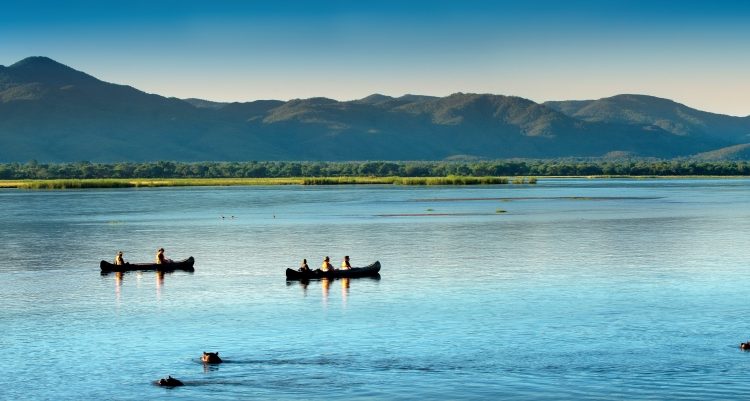
The final article in our trio chatting to some of our safari guide friends looks at how they’ve coped with far fewer guests over the last year and their thoughts on what the future holds for the wilderness and wildlife.
For many, the great reduction in guests has offered a chance to sit back and take stock and there’s been a lot of catching up on maintenance which ends up at the back of the queue when camps are busy. Nina Scott at Tanda Tula says, ‘we miss our guests immensely, but we’ve had time to make improvements never possible pre-Covid with high occupancy numbers. The camp has never looked as beautiful as it does right now – the gardens especially.’ Lippa Wood at House in the Wild on the edge of Kenya’s Masai Mara reports a more dramatic maintenance project. ‘We had the terrible floods back in April last year, just at the start of the pandemic. So as our bookings stopped the floods came! Thankfully we didn’t have guests when it happened so we didn’t need to worry about rescuing anyone. It actually gave us a chance to re-imagine what we wanted to achieve here as we re-built. We have an amazing team who helped to clean up and worked together to get us through. After lots of renovating and restyling I think we’ve really improved what we had. We’ve redone the meus too, looking at what we can do with local produce and home grown veggies so we are less wasteful and less trips to the supermarket.’
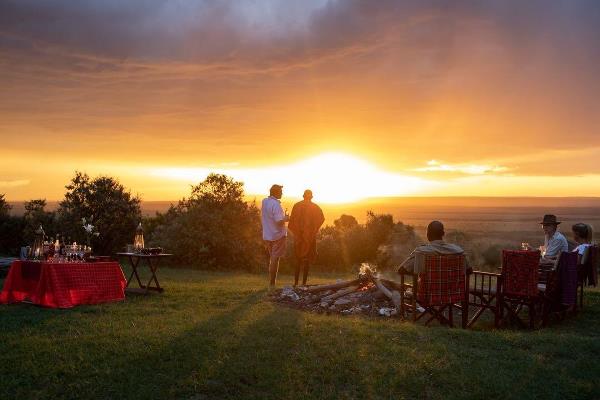
Sundowners with a glorious view at House in the Wild
Many camp staff have enjoyed working in areas they don’t usually experience. ‘It has’, says Adam Nyoni, head chef at Somalisa Camp,’ made me realise that we have such special people amongst us. Everyone here is very skilled at what they do and it’s given me a new respect for the work that my colleagues do around this amazing camp.’ There’s been plenty of chance to top up on training, whether out in the field or developing social media skills. Sibs Sibanda at Imvelo has ‘spent many hours training up and coming guides, and I’m delighted to have been asked to help train future national parks examiners which will begin in March and which is an exciting educational programme.’
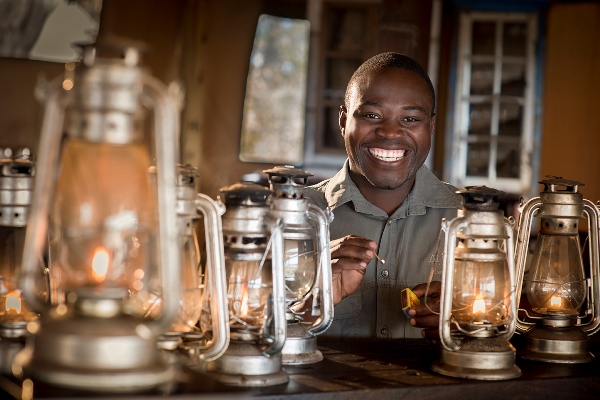
The team at Somalisa has enjoyed pulling together through the quieter times
Others have been exploring. James Christian and the team at Karisia Safaris have been ‘on adventure after adventure, exploring many new spots north and east of us, as well as more of Tsavo, which is a gem of a national park.’ The guides at Ultimate Safaris in Namibia have been kept occupied ‘spending time in the main areas in which we operate, largely based out of our own semi-permanent camps. This has helped with maintaining a presence in the area thus deterring poachers, and it has also given us the opportunity to expand our own intimate local knowledge and expertise of these remote areas. Added to that, it has meant we have been able to give full attention to the conservation projects our company supports and to see what can be achieved with significantly reduced resources.’ Deb Tittle, deep in Zambia’s South Luangwa Valley, has ‘taken the amazing opportunity of an “empty” national park to spend mornings with my cameras enjoying and recording the wonderful relaxed wildlife.’
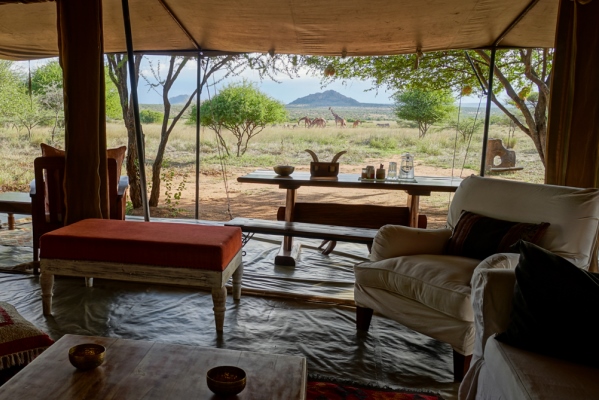
The mess tent at Tumaren Camp, HQ of Karisia Safaris from which many an adventure is planned
Some camps and lodges have been lucky enough to welcome a trickle of guests throughout. East Africa based Ake Lindstrom says, ‘We haven’t stopped. All our businesses have remained opened and we’ve pivoted to service local tourism and the odd international visitor. In both Kenya and Tanzania our commitment to community has meant we really have not being able to stop working both on our existing businesses and developing new initiatives in partnership with the businesses that I’m owner of.’ Legendary Zimbabwean guide, Stretch Ferreria, has been welcoming visitors at his Mana Pools camp since July, likewise Keyala Phiri at Robin Pope Safaris in Zambia, where, ‘despite not having many international visitors we have been hosting local business here and there.’
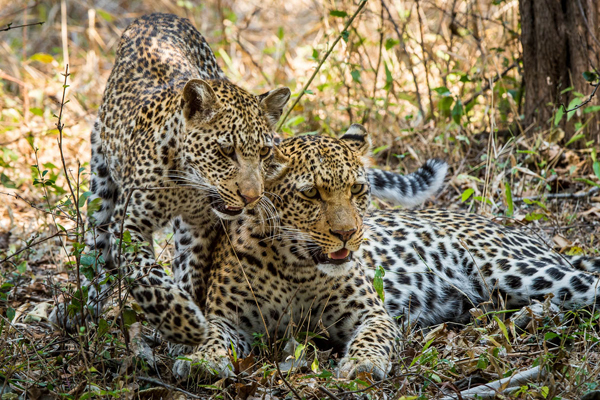
Plenty of wildlife for guests to enjoy at Robin Pope Safaris’ camps
Many have stepped in to help anti-poaching patrols and most have been involved with community action projects – whether distributing food parcels or rotating staff in and out of camp to keep as many people as possible working and maintain morale.
So what of the future for the wildlife and wilderness as we climb out of this most peculiar period? Education and local community involvement was highlighted as crucial by nearly all the guides we spoke to. Putting environmental education or wildlife conservation into every school curriculum world-wide was mooted, along with the importance of local communities benefitting from wildlife. This view aired by Don Scott at Tanda Tula was shared by all, ‘I believe the only long term solution [to wildlife conservation] is for local communities to share in the ownership of these iconic species. This can translate into either ownership in the businesses that operate on the land, or into ownership of the land itself. Communities can only be willing participants in conservation if they are benefitting from the commercial activities which fund the conservation efforts.’
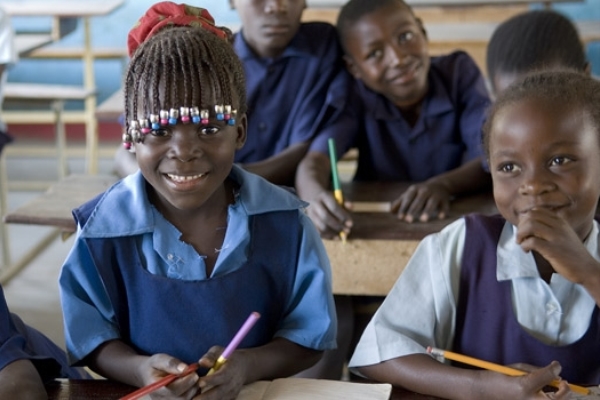
Educating the next generation is key to wildlife conservation. Kawaza village school
Ake Lindstrom highlights animal and human as an issue to which time and resources need to be directed. ‘I sit under trees a lot and talk things out with communities. Never underestimate sitting down and talking. Being sincere and showing respect goes a long way, especially when a community may feel disenfranchised by things like a government coming in and taking control of natural resources.’
The huge reduction in available funds as a result of the sudden cessation of tourism is a big worry. Ultimate Safaris’ Jason Nott sums it up neatly with, ‘one of the biggest challenges conservation faces is funding, especially during these times when there are so few visitors to play their part in this though bed levies and traversing fees to be paid to rural conservancies. Every guest who visits makes a difference, regardless of the amount involved. The most important thing for guests to do is to ensure that their safari is conducted sensitively and that it has a positive impact on both the local communities and rural conservation efforts. Conservation travel is definitely the way forward in this.’
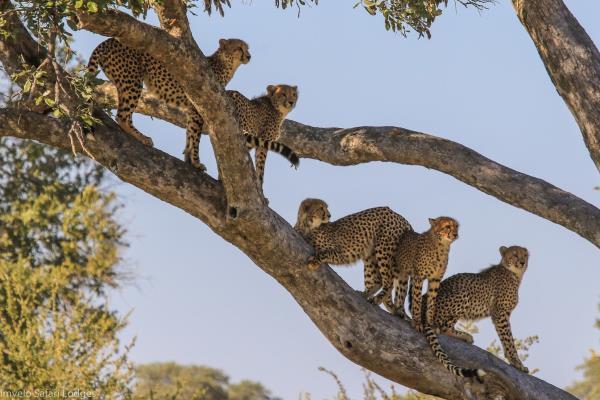
Let the spirit of the African bush inspire and revive
Here at Aardvark Safaris we are confident that, with all these amazing people working in Africa, the future is bright. Incredibly resourceful, they have the time to stop and think about how our experiences might be improved and we look forward to visiting an Africa that has focussed on the reset button. Perhaps a good way to finish is with this quote from Sibs Sibanda which very much echoes our own thoughts, ‘what guests can do to help is start planning their safari and try stay a little while longer, breathe deeply and let the spirit of the African bush inspire and revive them. It will be a very rewarding holiday and will help the lodges on the ground to continue with all the conservation work needed on the frontline to protect out wildlife for generations to come.’
What next?
If our guides have inspired you to travel do get in touch. Our team of experts has travelled widely throughout Africa. They can offer expert advice on every type of safari holiday. Chatting to people by phone or email is what we do best. We listen, we explain, we answer all sorts of questions even those you didn’t know to ask, and finally we make suggestions. If this is your first time to Africa or your twenty first, we have a team standing by to help make the planning easy and the journey the best ever. Please get in touch whatever stage you’re at.
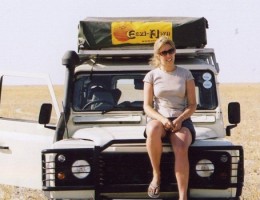
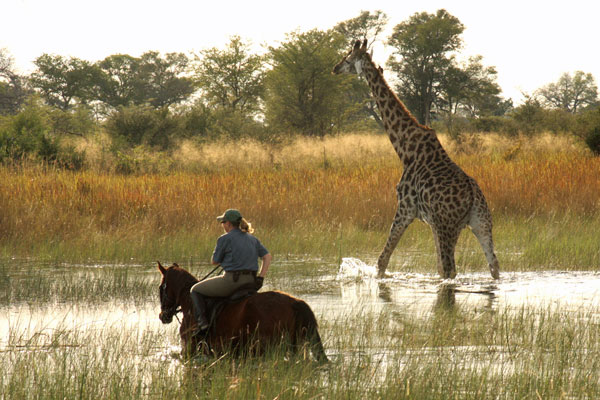
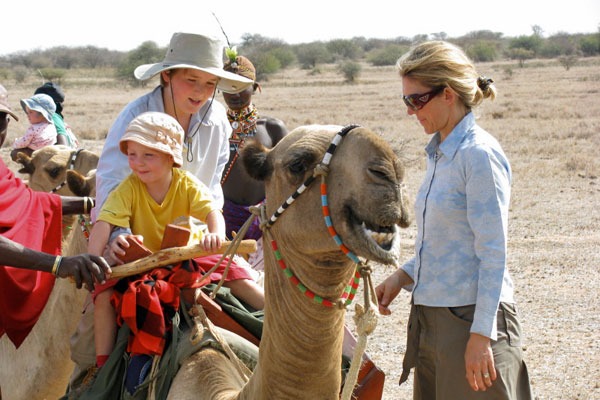 Camel safari, Kenya, Laikipia,
Camel safari, Kenya, Laikipia, 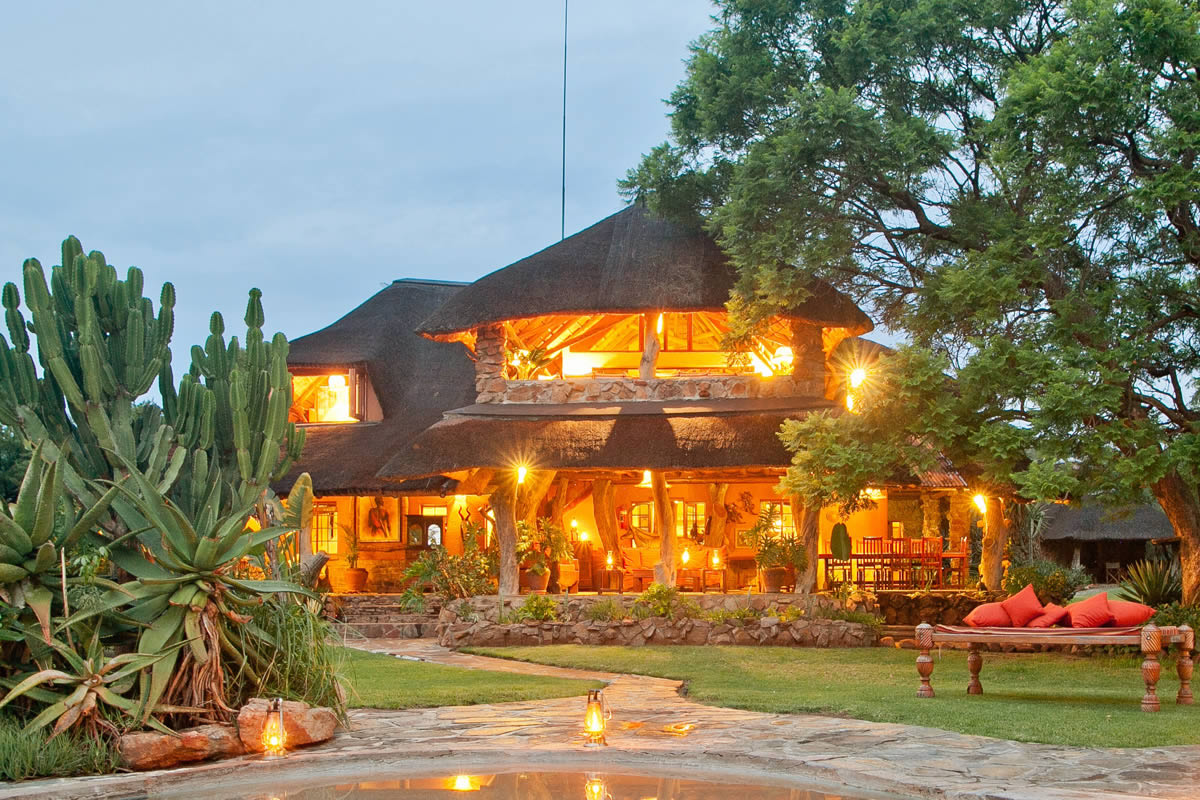 Luxury safari accommodation Waterberg, South Africa,
Luxury safari accommodation Waterberg, South Africa, 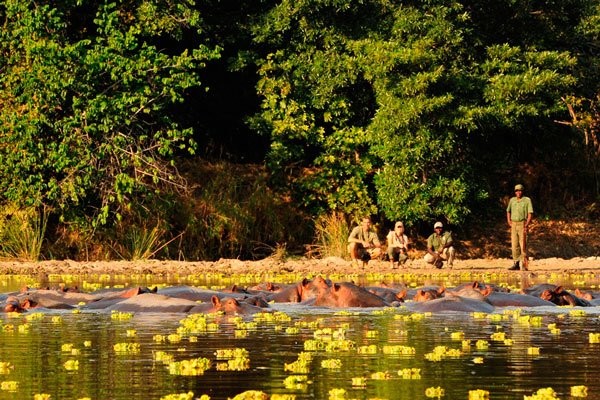 Hippos on a walking safari, South Luangwa, Zambia,
Hippos on a walking safari, South Luangwa, Zambia,
Leave a Reply